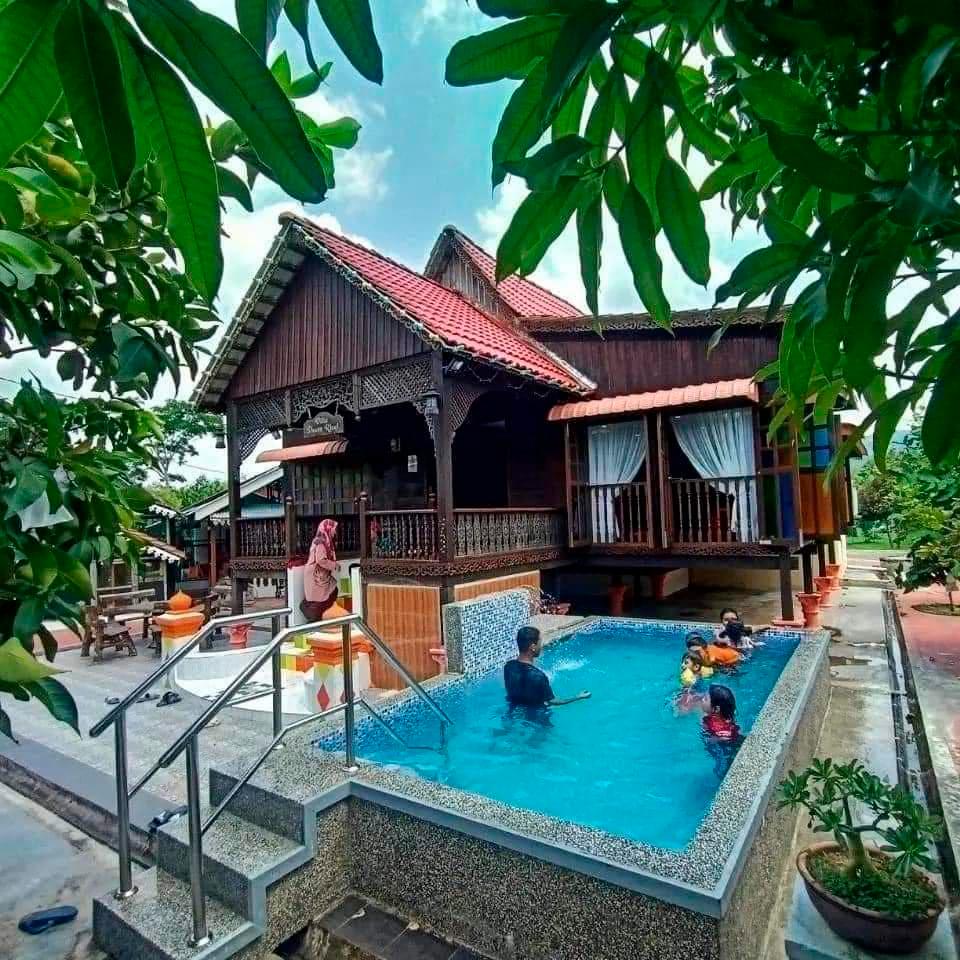PETALING JAYA: The decision by Penang to regulate Short-Term Rental Accommodation (STRA) is seen by hoteliers as a boon to the tourism industry. However, STRA operators such as Airbnb view the move as a challenge and expressed hope they could work with local authorities to boost tourism in the country.
The Penang Island City Council has immediately banned all forms of STRA options at residential units on the island.
Its mayor Rajendran Anthony said the ban covers all private residential properties and landed properties. It excludes six types of commercial properties – serviced apartments, small office home offices, small office flexible offices, small office virtual offices, office suites and duplex offices.
In welcoming the move, Malaysia Budget and Business Hotel Association president Dr Sri Ganesh Michel said it would help to restore the hospitality and tourism industry in Penang, adding that it would also increase government taxable income and hotel fees, that has been introduced by the state government.
“Penang has become the first state government to take a firm initiative in ensuring the STRA business is regulated and this action has given a positive impression to the operators of the hospitality industry,” Sri Ganesh said.
“Reasonable income and profits will help hoteliers to provide good hospitality and tourism services as well as assist the government to collect higher taxes, that can be used to improve the image of the hospitality and tourism industry.”
He urged all state governments to take the same initiative to regulate STRA operations as soon as possible.
Sri Ganesh said due to pressure from STRA operations, many small hotels have been forced to close shop but now, there is hope for those at the lower-end of the hospitality industry.
He said since houses cannot be used for STRA businesses, it would be good for those who need to rent houses near their workplace as this would result in rental prices coming down.
“Another issue is safety. If a person is living with his family at a condominium and is seeing new faces at the next-door unit every other day, it will not create the feeling that his family is living in a safe environment.”
According to the Penang Island City Council, those planning to offer STRA services in commercial categories must obtain the approval of their joint management bodies (JMB) or management corporations (MC). They need to obtain a 75% “yes” vote from other residents at an annual general meeting.
Rajendran said JMB and MC are then to collect an annual fee ranging from RM250 to RM500 per unit, with new registration fees of up to RM250. The unit must also be registered with the council and the owner must also provide documentation from the Companies Commission of Malaysia.
Other fees include a one-time security deposit ranging from RM1,000 to RM3,000 per unit.
Each STRA unit is only allowed to be rented for a maximum of 180 days a year and rental is also limited to three days a week.
Rajendran said the new rules meet the Penang government STRA guidelines issued on April 1, which were approved by the council on May 28.
Airbnb head of public policy for Southeast Asia, India, Hong Kong and Taiwan Mich Goh said Airbnb will continue to work with local authorities, strata buildings, and hosts to encourage responsible hosting.
On the importance of STRA for the growth of local and national tourism, she said Airbnb encourages the JMB and MC of local strata buildings to consider the long-term economic benefits of STRA, when implementing their own guidelines at individual building level.
According to the latest Clearpath Strategies survey commissioned by Airbnb, 74% of Penangites polled said renting out homes through Airbnb has a positive impact on their community and
its residents.
The survey found 75% of Penang residents polled agreed that short-term rental accommodation should be allowed to take place in surplus vacant apartments, to address the property overhang in areas that include Penang, Johor, Kuala Lumpur and Selangor.
Statistics from the National Property Information Centre showed that Penang has the third-highest number of overhang or unsold residential properties in Malaysia as of end-2022, with 3,593 units valued at RM2.74 billion.
The global hospitality platform said it was seeing strong growing interest among Penangites to host or be a guest on Airbnb.
“The survey revealed that 68% of Penangites polled are looking to book stays with the platform, while more than half (57%) intend to host on Airbnb in the next year. Over 70% polled said they have travelled with and/or hosted with Airbnb.
“The latest survey results underscore the increasingly important role that STRA plays as tourism sees a strong rebound across the region, especially in tourism hotspots like Penang,” Goh said.
“At the national level, the federal government is developing STRA guidelines that all states can look towards. This may enable more Malaysians to both contribute and benefit from tourism through home sharing.
“We are committed to working with local authorities to support and educate our hosts on responsible hosting, by utilising our industry-first Malaysia STRA Code of Conduct and Neighbourhood Support Line,” she added.









